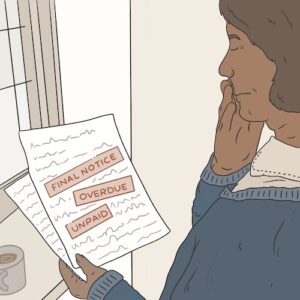The impact of the cost of living crisis on older ethnic minority people living in Greater Manchester
 Older people in the UK are experiencing a combination of pressures arising from the cost of living crisis, the impact of COVID-19, and cuts affecting health and social care.
Older people in the UK are experiencing a combination of pressures arising from the cost of living crisis, the impact of COVID-19, and cuts affecting health and social care.
A report out this week from Manchester Urban Ageing Research Group (MUARG) argues that as the population is set to become older and more ethnically diverse in the years ahead, addressing the needs of older ethnic minority communities should be prioritised to tackle deepening inequalities. Working in collaboration with the Greater Manchester BME Network and the Centre for Ageing Better, the research team, led by Dr Camilla Lewis, Senior Lecturer in Architectural Studies, and Dr Sophie Yarker, Research Fellow in Sociology, draws upon research about the lived experience of older people from specific ethnic minority backgrounds, along with a number of organisations working on their behalf.
The research found that whilst many of the challenges people from Black Caribbean, Asian and other ethnic minorities are facing around financial hardship are similar to those of older people from a variety of ethnic backgrounds, including White British people, there are also some distinctive characteristics which are more likely to place older people from ethnic minority backgrounds at risk of economic hardship and social exclusion. These include: the long-term impact of the pandemic, housing insecurity, the rising price of imported food, racism and discrimination, and language barriers resulting in limited access to services.
The report presents co-produced recommendations, including the need to, prioritise culturally appropriate community food provisions (such as food banks and lunch clubs), support older people from ethnic minority backgrounds with cultural sensitivity, and focus on reinvesting in public services and address structural inequality.
Image credit: Katayha Gould
